Going green isn’t just good for the planet; it can also save you money. Here are 22 eco-friendly practices that, despite being restricted in some places, can significantly benefit your wallet when implemented correctly.
1. Rainwater Harvesting
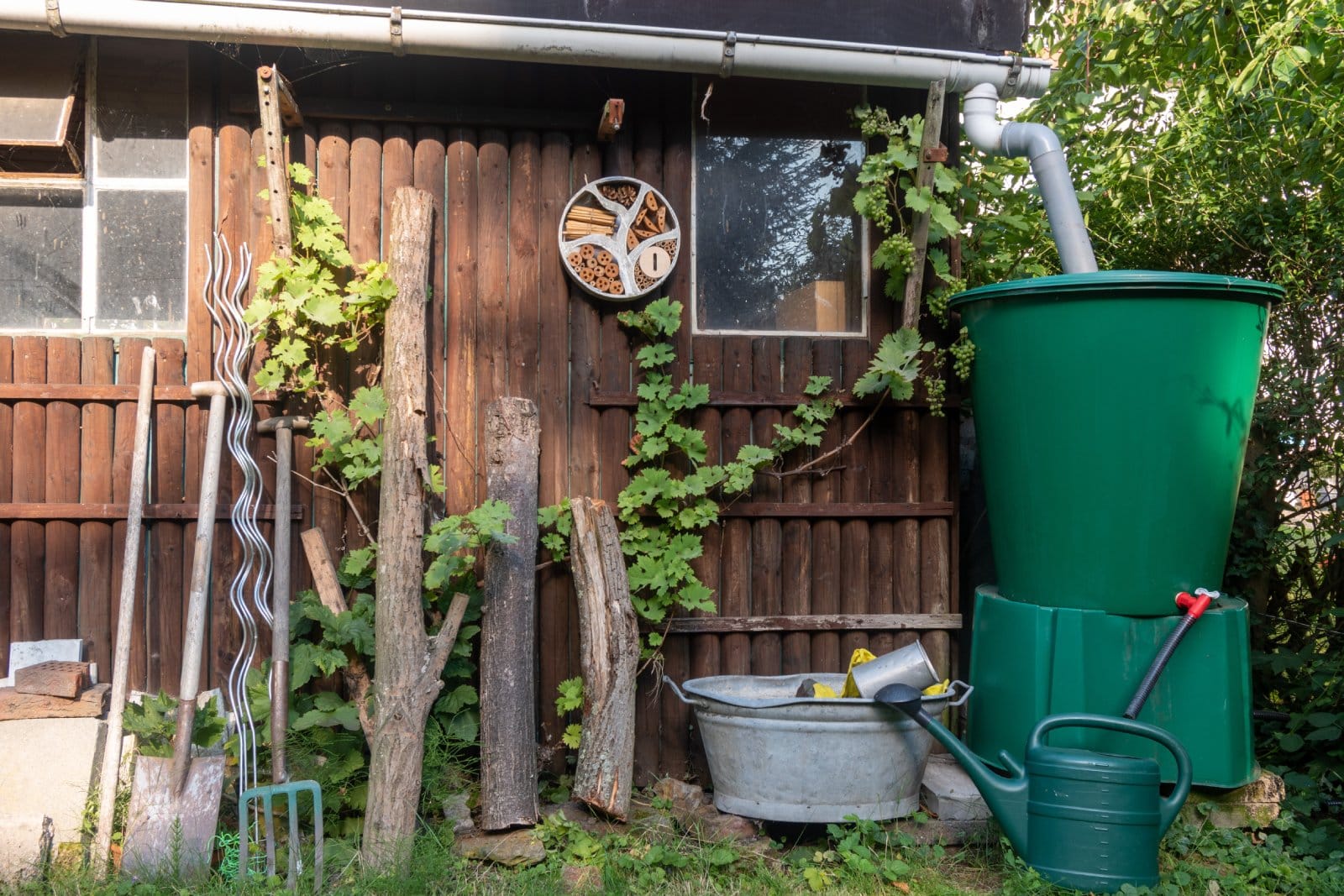
Image Credit: Shutterstock / Delovely Pics
Capturing and using rainwater can drastically reduce your water bills. Some areas restrict this practice, but where allowed, it’s a smart way to water your garden for free.
2. Solar Panel Installation
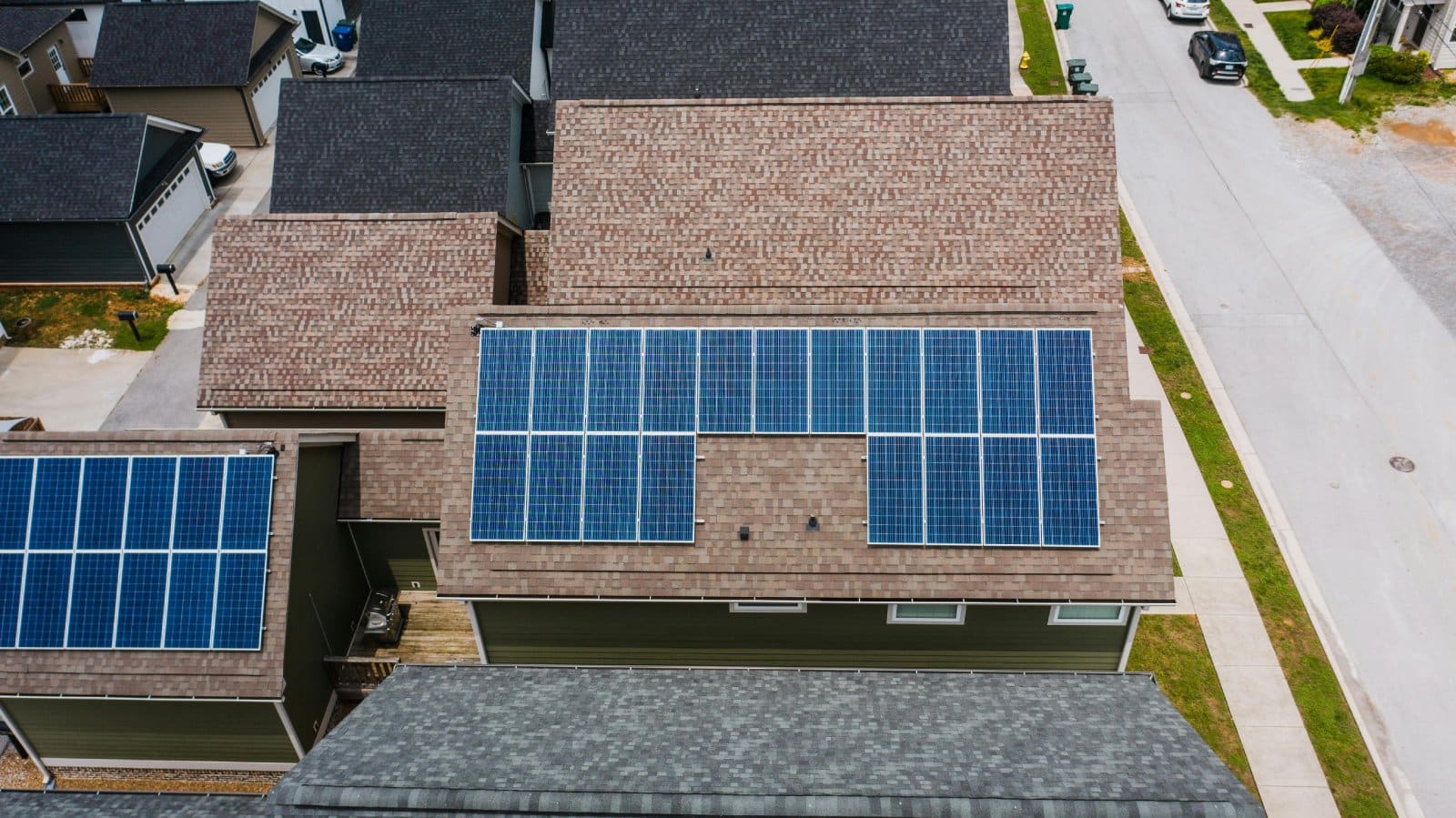
Image Credit: Pexels / Kelly
Although some regions have strict regulations on solar panel installations, using solar energy can cut your electricity costs dramatically over time.
3. Composting

Image Credit: Shutterstock / lomiso
Composting organic waste reduces the amount of trash you send to the landfill and provides you with free, nutrient-rich fertilizer for your garden.
4. Greywater Recycling
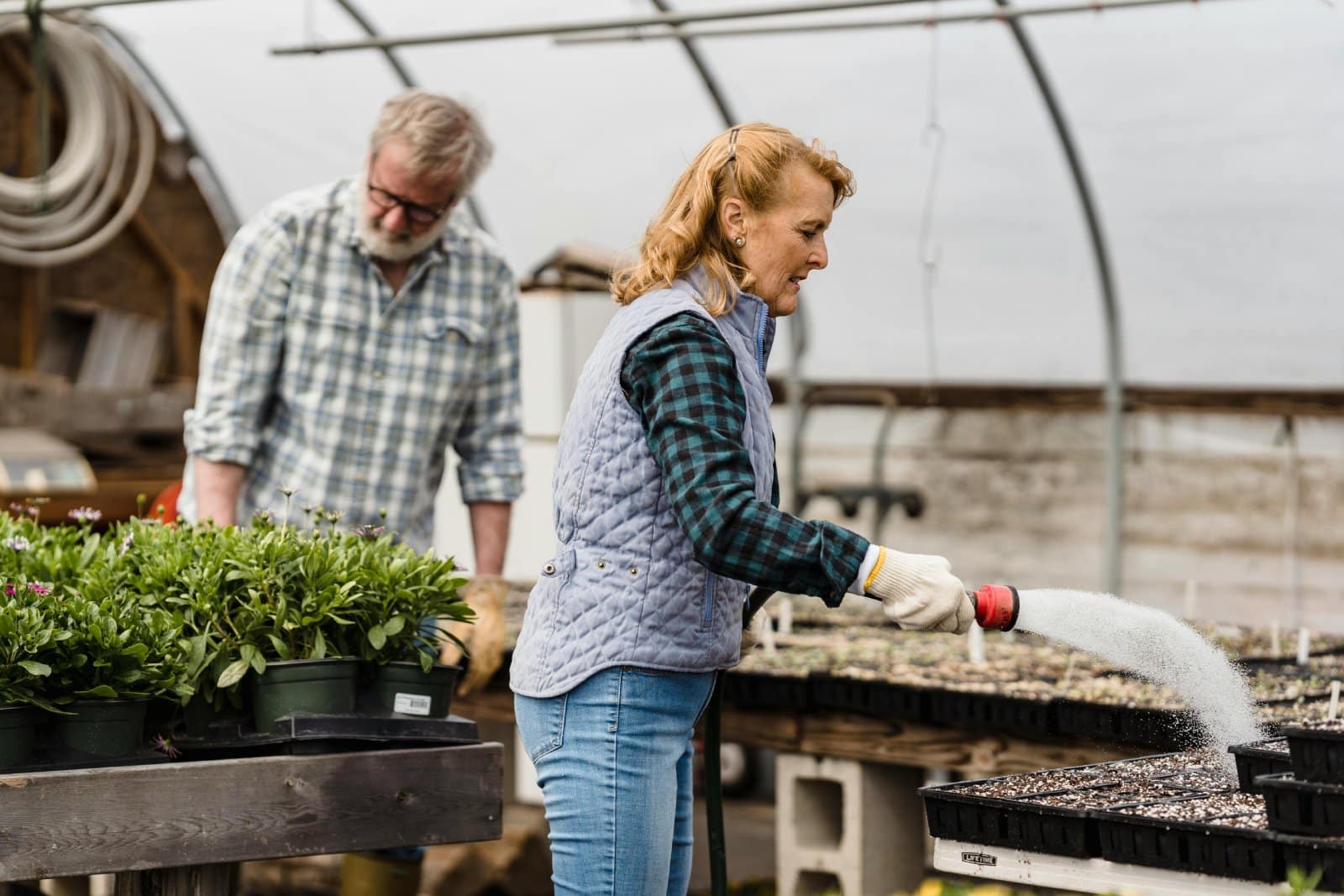
Image Credit: Pexels / Greta Hoffman
Reusing water from sinks and showers for irrigation can reduce water bills. While restricted in some places, it’s a great way to conserve water and lower costs where permitted.
5. Wind Turbines

Image Credit: Shutterstock / Mimadeo
Small-scale wind turbines can generate electricity for your home, reducing reliance on the grid and lowering energy bills. Check local regulations for installation guidelines.
6. Using Reclaimed Wood

Image Credit: Shutterstock / Toyakisphoto
Reclaimed wood is cheaper than new lumber and adds character to your home projects. Some areas have restrictions on sourcing, so ensure you follow local guidelines.
7. Backyard Chickens

Image Credit: Pexels / cottonbro studio
Raising chickens for eggs can save on grocery bills and reduce food waste. However, many urban areas have bans or strict regulations, so check local laws.
8. Building with Straw Bales
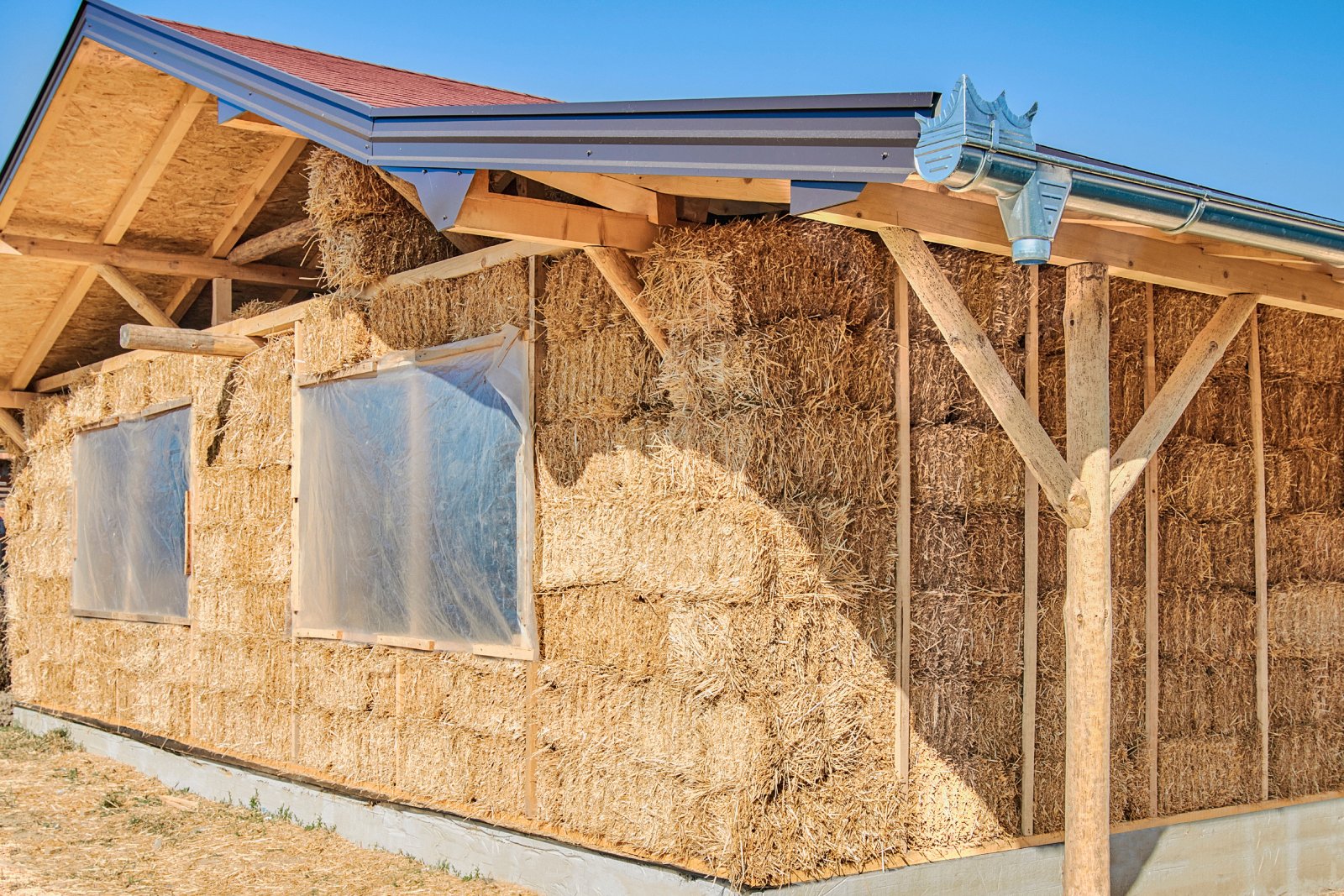
Image Credit: Shutterstock / Aleksandar Karanov
Straw bale construction is eco-friendly and cost-effective, but building codes in some regions restrict this method. It’s worth exploring in areas where it’s allowed.
9. Using Salvaged Materials

Image Credit: Shutterstock / Manop Boonpeng
Incorporating salvaged materials into home projects can save money and reduce waste. Local building codes may have restrictions, so ensure compliance.
10. Growing Your Own Food
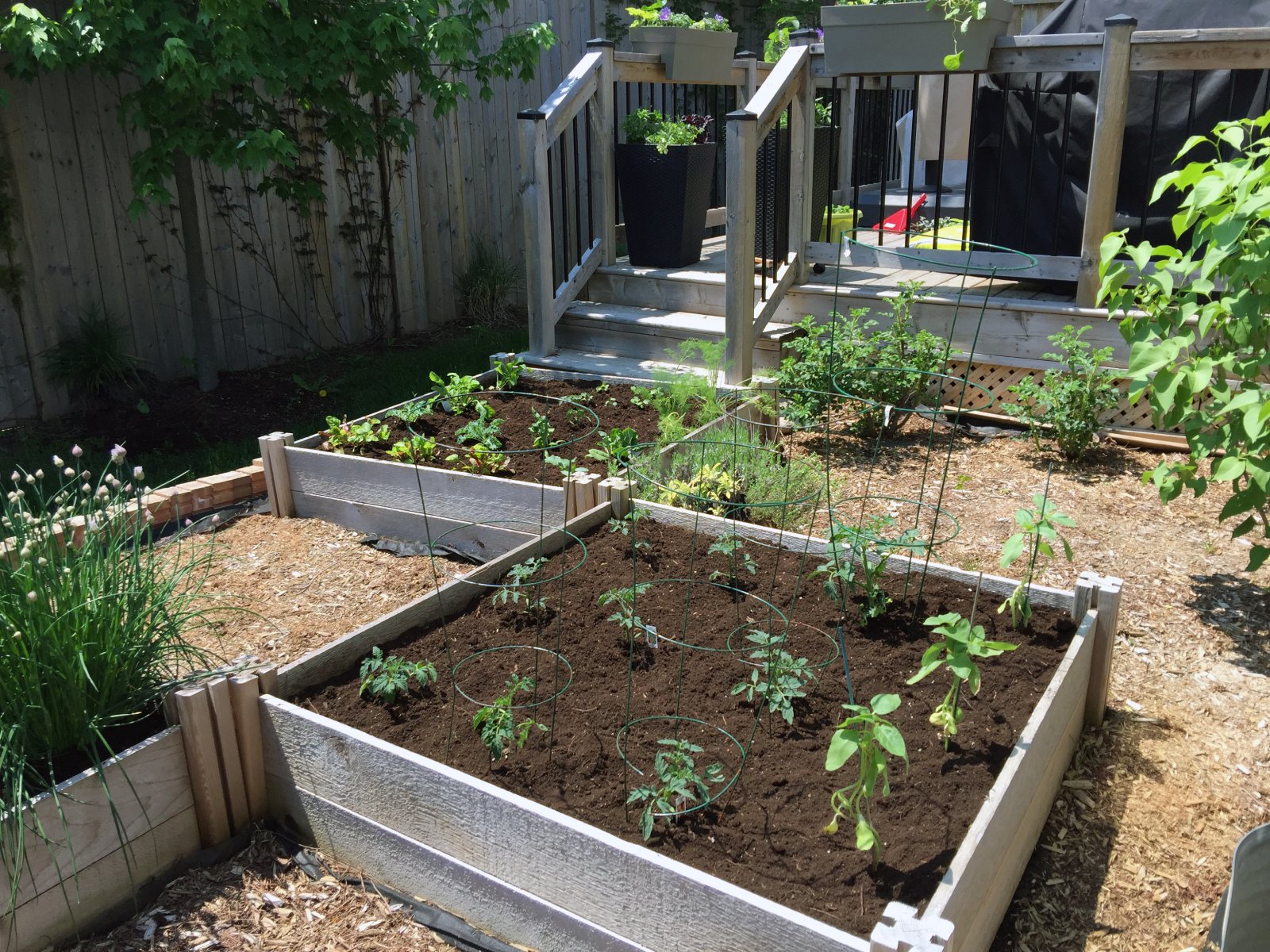
Image Credit: Shutterstock / Joanne Dale
Home gardening cuts down on grocery bills and provides fresh produce. Some HOAs and municipalities have restrictions, so know the rules before you plant.
11. Tiny Homes

Image Credit: Shutterstock / U__Photo
Tiny homes are cost-efficient and reduce environmental impact. However, zoning laws in many areas restrict them, so check local regulations.
12. Natural Swimming Pools

Image Credit: Shutterstock / JomNicha
These pools use plants to filter water instead of chemicals, reducing maintenance costs. Regulations vary, so ensure compliance with local health and safety codes.
13. Earthbag Homes
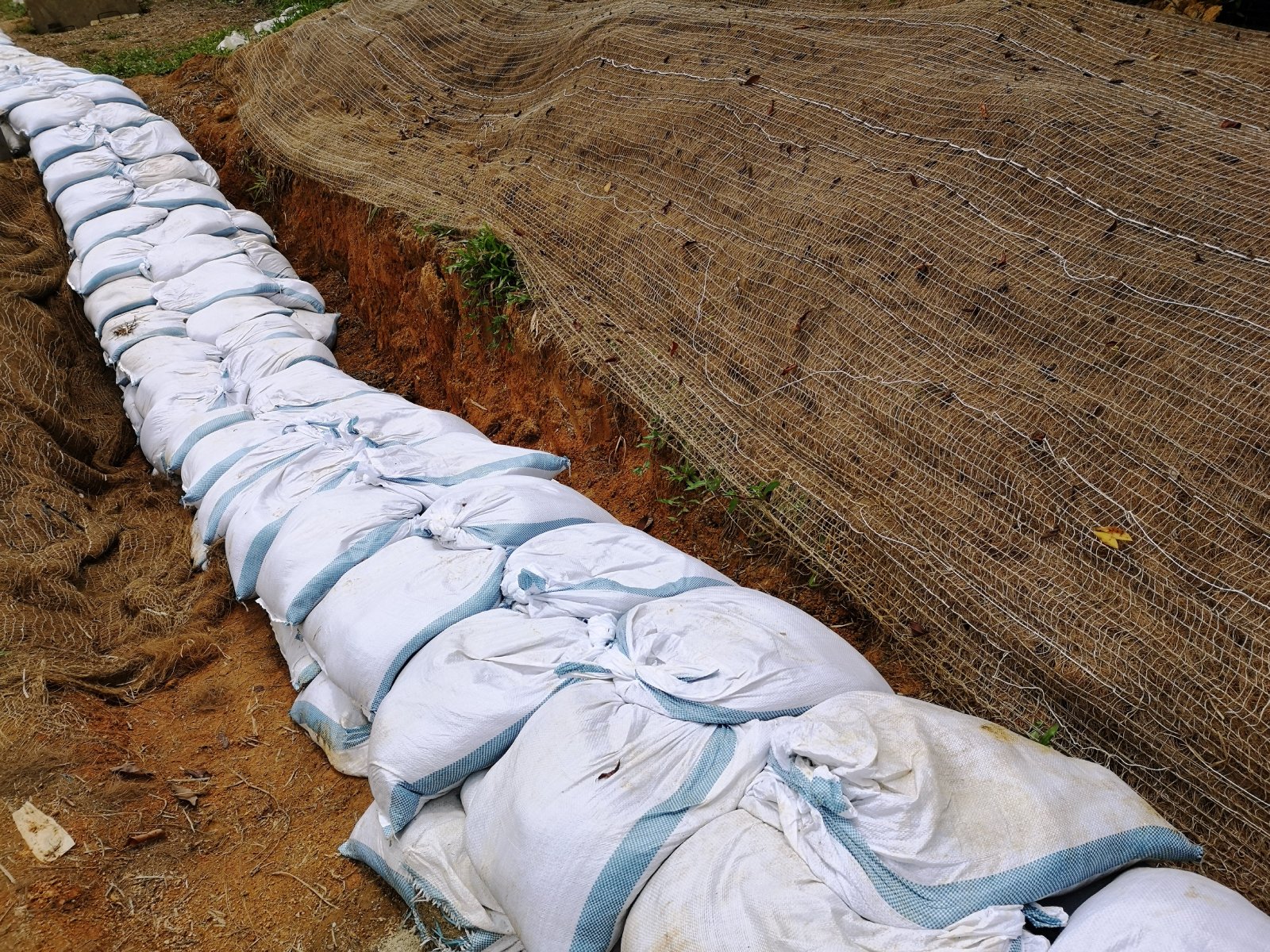
Image Credit: Shutterstock / Cheng Wei
Earthbag construction is affordable and sustainable, but not widely accepted by building codes. Investigate local regulations before starting such a project.
14. Off-Grid Living
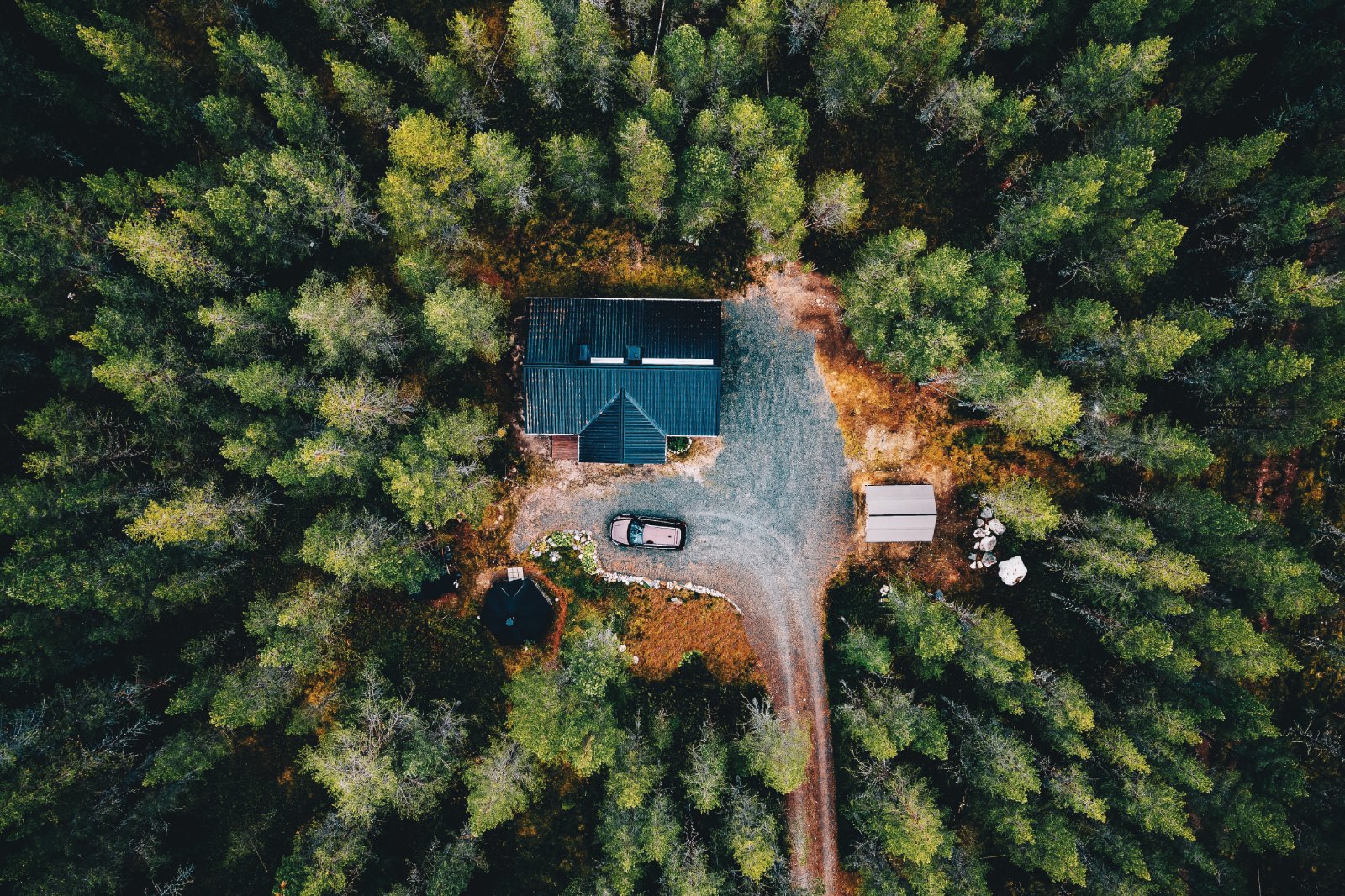
Image Credit: Shutterstock / nblx
Living off-grid can save on utilities and promote self-sufficiency. However, many places have strict codes, so it’s essential to understand local requirements.
15. Hempcrete Construction

Image Credit: Shutterstock / Dejan Dundjerski
Hempcrete is a sustainable, insulating material that can reduce heating and cooling costs. Its use is restricted in some areas due to building codes.
16. Geothermal Heating
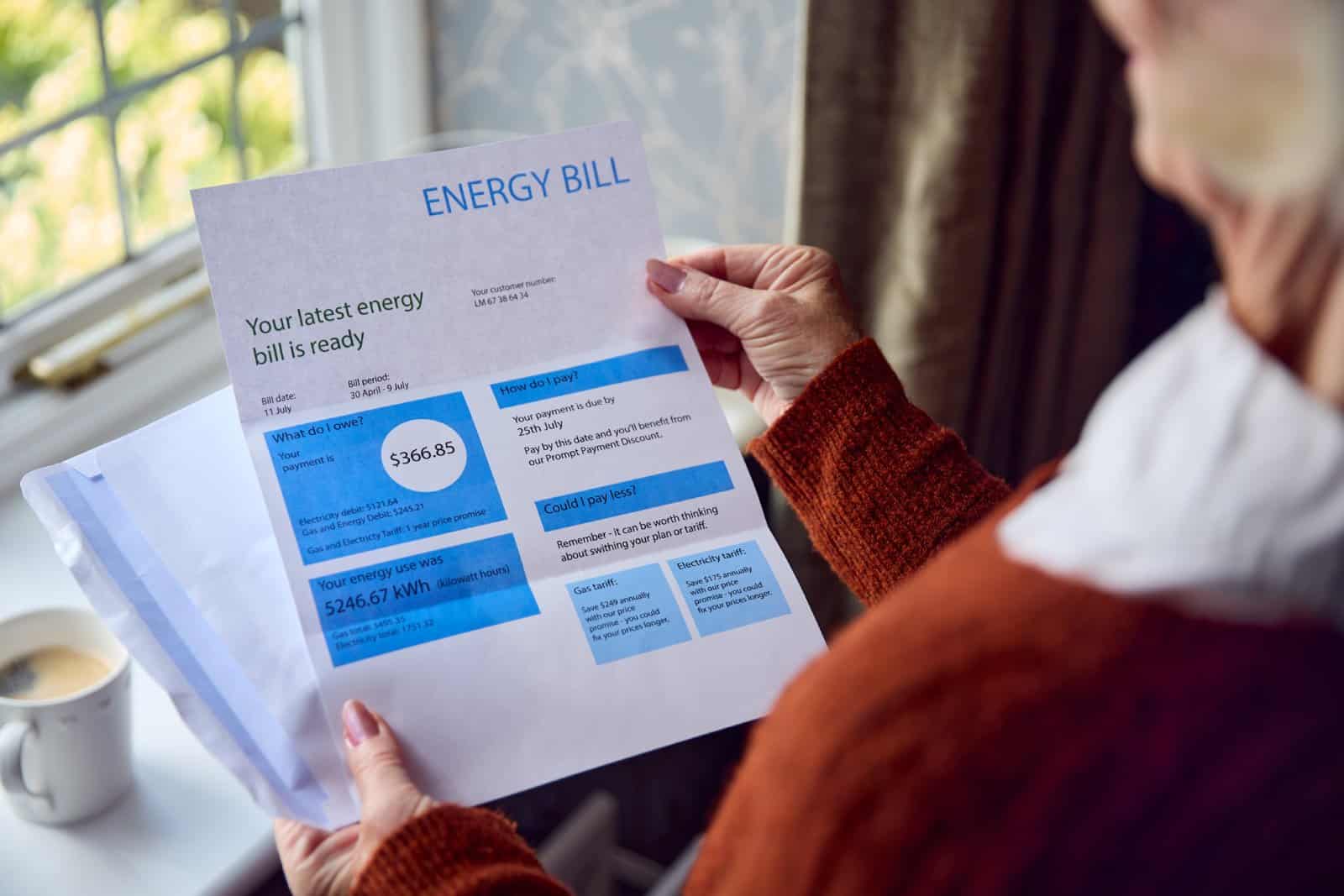
Image Credit: Shutterstock / Monkey Business Images
Installing geothermal heating and cooling systems can significantly cut energy bills. Some areas restrict drilling for geothermal energy, so check local guidelines.
17. Using Greywater Systems

Image Credit: Pexels / MART PRODUCTION
Greywater systems reuse water from sinks, showers, and washing machines for irrigation, cutting water bills. Regulations vary, so compliance is necessary.
18. Passive Solar Design

Image Credit: Shutterstock / Havoc
Designing homes to maximize natural heating and cooling reduces energy costs. Building codes in some regions may limit these designs, so know your local rules.
19. Living Roofs
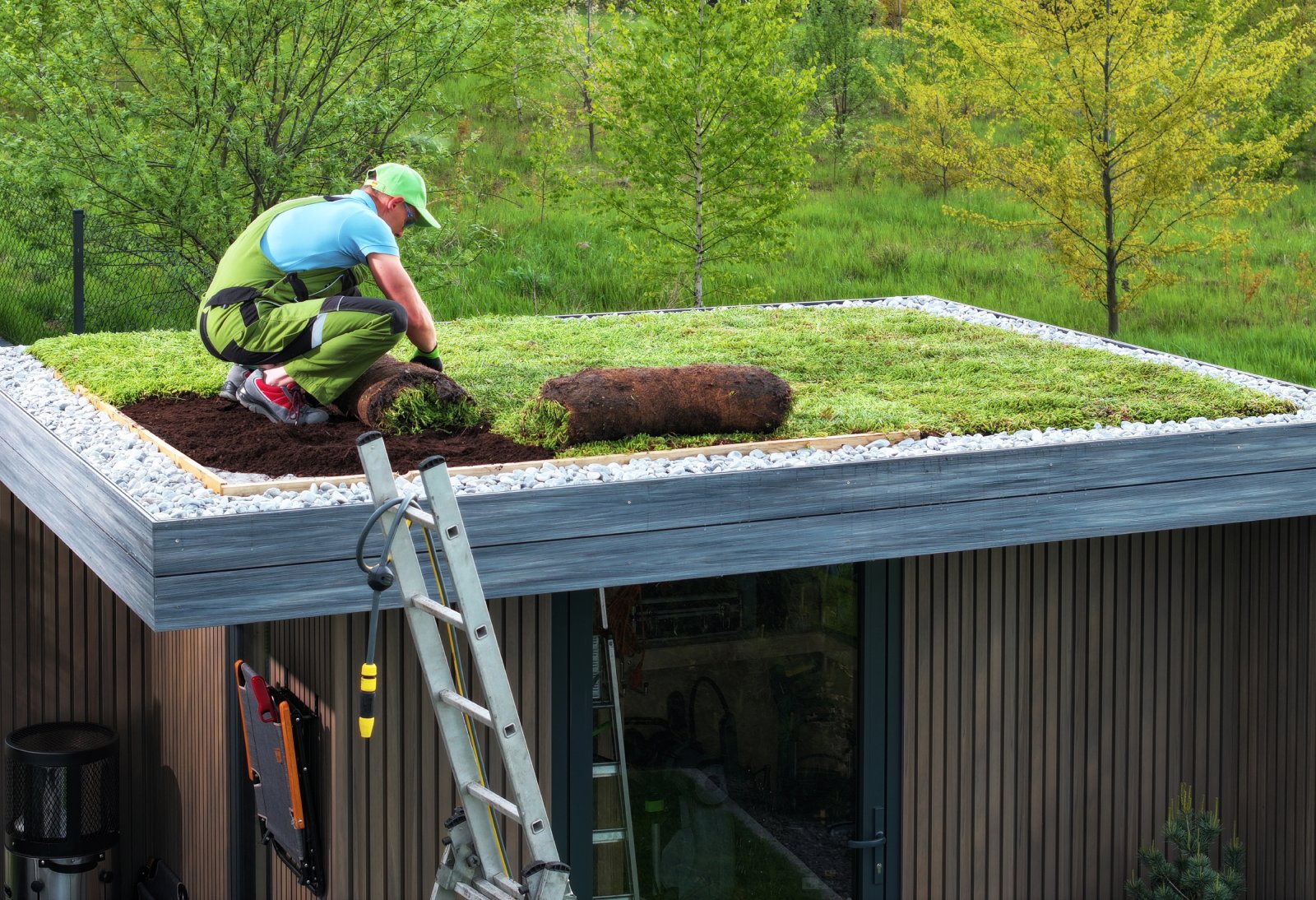
Image Credit: Shutterstock / Virrage Images
Green roofs insulate homes and reduce energy costs. They’re restricted in some places due to structural concerns, so ensure your home can support one.
20. Composting Toilets
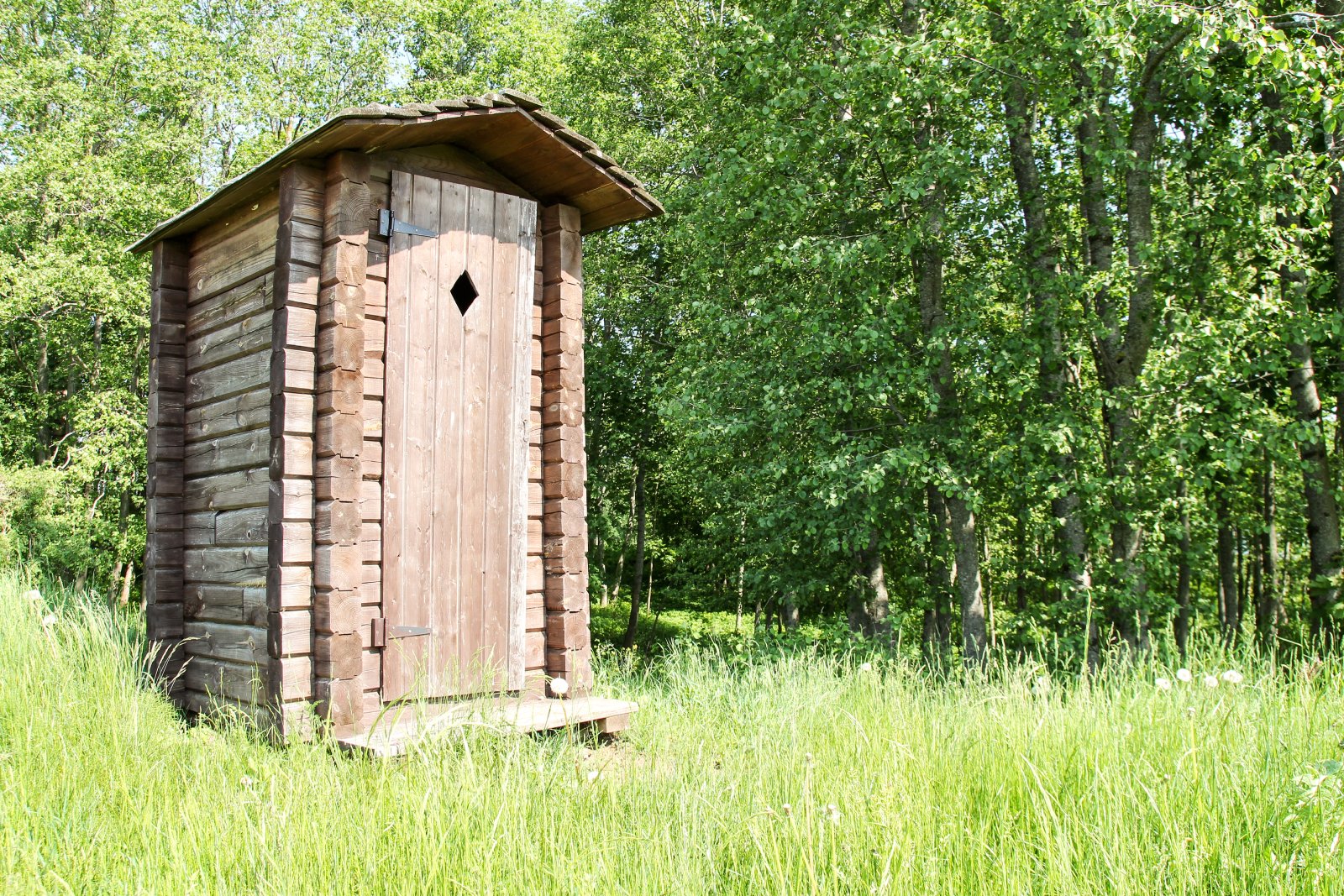
Image Credit: Shutterstock / graja
These toilets save water and reduce waste. Regulations vary, so check local health codes before installation.
21. Natural Insulation Materials

Image Credit: Shutterstock / Patryk Kosmider
Materials like wool or cotton provide eco-friendly insulation. Ensure these materials meet local building codes before use.
22. Car Sharing

Image Credit: Shutterstock / Rido
Car sharing reduces the number of vehicles on the road and cuts transportation costs. While not banned, local regulations may affect availability and usage.
Green Savings Ahead

Image Credit: Shutterstock / Mladen Mitrinovic
Implementing these eco-friendly practices not only benefits the environment but can also lead to significant savings. Understanding local regulations is key to successfully adopting these practices and reaping their financial rewards.
Oil Dumping Scandal Rocks Ships Heading to New Orleans

Image Credit: Shutterstock / AERIAL-MOTION
Two shipping companies have been fined after knowingly hiding a large oil spill in the Atlantic Ocean. Oil Dumping Scandal Rocks Ships Heading to New Orleans
20 Eye-Opening Realities Facing Retiring Baby Boomers

Image Credit: Shutterstock / JACK FROG
As Baby Boomers approach retirement, the promise of leisure and security often seems unattainable. This generation faces unique challenges that could redefine retirement. Here’s a stark look at the realities shaping their outlook. 20 Eye-Opening Realities Facing Retiring Baby Boomers
Retail Apocalypse: Massive Closures Sweep Across U.S. Brands

Image Credit: Shutterstock / TADA IMAGES
Stores across the U.S. are closing at unprecedented levels, according to new research from advisory firm Coresight Research. Read on for more information about the impact this could have on you and your communities. Retail Apocalypse: Massive Closures Sweep Across U.S. Brands
Tech Giants from Amazon to Google Announce Massive 2024 Layoffs

Image Credit: Shutterstock / VDB PHOTOS
In recent months, there have been massive layoffs from major corporations in a bid to navigate the harsh economic times. These strategic initiatives have triggered discussions around cost-cutting measures and the evolving industry dynamics. Tech Giants from Amazon to Google Announce Massive 2024 Layoffs
Why California’s Gas Prices Are Heading for a Steep Climb in 2025

Image Credit: Shutterstock / f.t.Photographer
Rumors are swirling about a possible increase in gas prices in California following the passing of a controversial emissions program. Why California’s Gas Prices Are Heading for a Steep Climb in 2025
The post 22 Controversial Green Practices That Benefit Your Wallet first appeared on EcoHugo.
Featured Image Credit: Shutterstock / Okrasiuk.
The content of this article is for informational purposes only and does not constitute or replace professional financial advice.
For transparency, this content was partly developed with AI assistance and carefully curated by an experienced editor to be informative and ensure accuracy.


